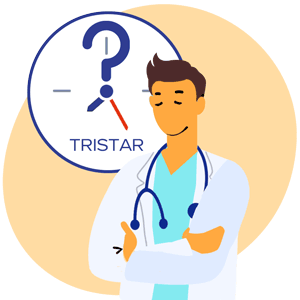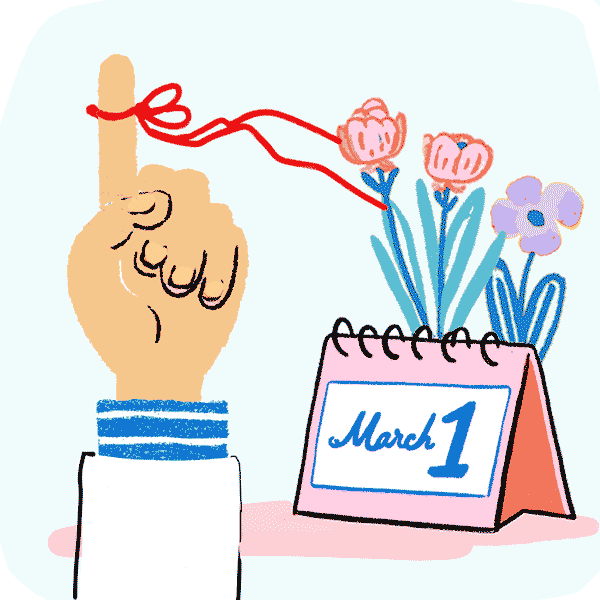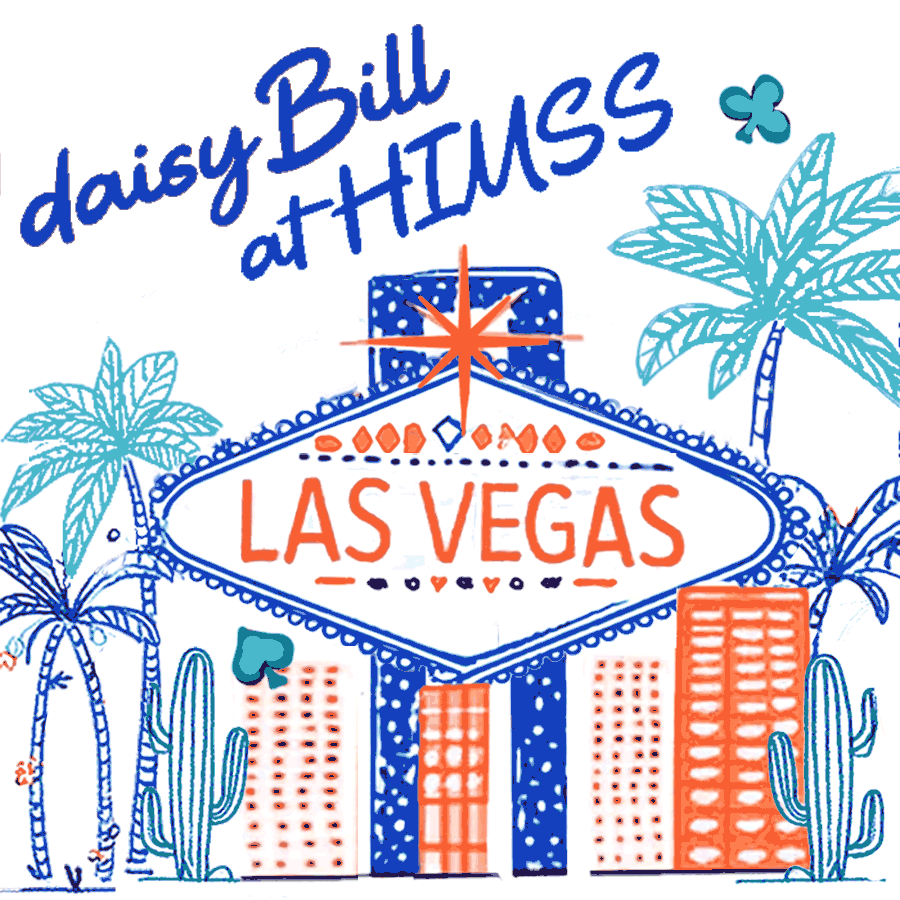Tristar Flouts Law - How Long Will IBR Take?

Tristar Risk Management seems extra comfortable ignoring payment laws and regulations, even by the woeful standards of California workers’ comp. As a result, daisyCollect has been forced to request Independent Bill Review (IBR) on behalf of a client whom Tristar failed to reimburse correctly.
The question is: Will the Division of Workers’ Compensation (DWC) and its IBR proxy, Maximus, actually conduct IBR sometime this century?
As we’ve recently lamented, even open-and-shut IBR cases can take the better part of a year for the DWC/Maximus to resolve — despite clear law mandating a 90-day maximum timeline. This is to say, we’re not holding our breath while we wait for the DWC and Maximus to demonstrate the consequences of non-compliance, however flagrant.
Tristar Ignores Reimbursement Agreement
California Labor Code Section 5307.11 allows claims administrators and providers to enter into contracts for reimbursement rates that are different than the reimbursement rates allowed by the Official Medical Fee Schedule (OMFS) (providers can see our sample §5307.11 contract templates here).
Accordingly, Third-Party Administrator (TPA) Tristar entered into a §5307.11 agreement (shown below) with a California doctor for services that were outside the scope of a provider’s regular examination and reporting duties (as defined by California Code of Regulations § 9785).
Note that the contract explicitly disallows the application of discounts from Preferred Provider Organizations (PPOs) or other discount contracting entities.
The terms of the agreement above couldn’t be more simple or straightforward. So it was a surprise even for the battle-hardened agents of daisyCollect to see Tristar reimburse the doctor less than the amounts specified in the contract above.
Tristar’s Explanation of Review (EOR) revealed that the TPA’s reasoning for the payment reductions was enough to drive any rational person’s forehead, at maximum velocity, directly into their desk:
- “The charge exceeds the Official Medical Fee Schedule allowance…”
- “A PPO reduction was made for this bill and/or the bill was repriced according to a negotiated rate.”
The Appeals Grind Commences
As the bill was sent electronically, daisyCollect electronically submitted a Second Review appeal (below) to Tristar as required by California regulations.
But as we detailed in this article, Tristar:
- Failed to respond to the Second Review appeal, in violation of California law requiring a response within 14 days
- Insisted daisyCollect resubmit the appeal via email and fax, in violation of California regulations
- Failed to timely respond to either the emailed or faxed appeals, in violation of basic competence and decency
Subsequently, Tristar finally processed the Second Review appeal — by denying it as a “duplicate” of the original bill.
daisyCollect was left with no choice but to put the bill’s fate into the intermittently capable hands of the DWC and Maximus by requesting IBR (at a cost of $180, refundable in full only if Maximus rules in the provider’s favor and Tristar bothers to pay the $180 upon losing).
California Labor Code Section 4603.6 gives the DWC 30 days to assign an eligible dispute to Maximus for IBR. From there, §4603.6 allows another 60 days to render the IBR decision, for a total 90-day time frame. Which means:
- The DWC must assign this case to Maximus by August 24
- Maximus must render its decision by October 24
Only time will tell if the DWC and Maximus meet their obligation to remedy this clear violation of a provider’s right to correct and timely reimbursement. Sadly, recent history has demonstrated that the amount of time is likely to be excessive.
With tools for quicker, easier appeals, daisyBill helps your practice demand full reimbursement — with just a few clicks. Schedule a free demo below:
SCHEDULE DEMO
DaisyBill provides content as an insightful service to its readers and clients. It does not offer legal advice and cannot guarantee the accuracy or suitability of its content for a particular purpose.





